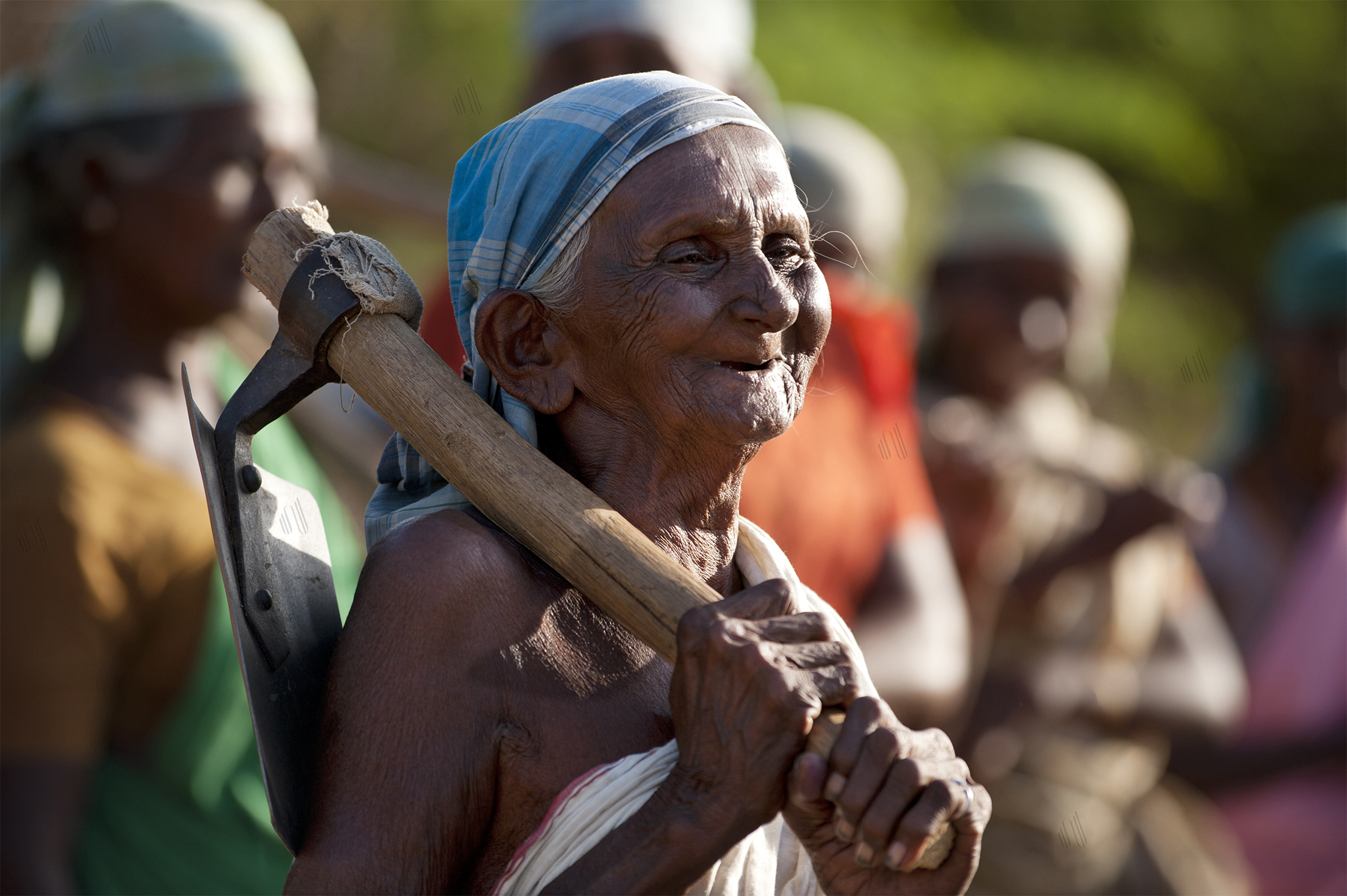
NREGA: A Growth engine for
sustainable development
Empowering the poor and enabling women to work and earn near their homes, the employment guarantee scheme has
revitalised rural economies
The labourer must be assured not only of a living wage but a daily task that is not a mere drudgery. – Mahatma Gandhi
The labourer must be assured not only of a living wage but a daily task that is not a mere drudgery. Mahatma Gandhi
The Mahatma Gandhi National Rural Employment Guarantee Act, passed in 2005, is a legislation that promises to provide at least 100 days of work in a year in the rural areas, at minimum wages, to every household whose adult member is willing to do unskilled manual work.
Significantly, this is not just an assurance from the government but a guarantee. The government is obligated to provide employment as a matter of right to any able-bodied man or woman who is willing to work. All that any individual in the village has to do is to register with the Gram Panchayat, and they will be provided with a job card, entitling them to employment within 15 days, and within a 5-km radius of their homes. The promised 100 days of employment can also be shared between different adult members of a single household. The work itself is just unskilled manual labour, usually for the construction of infrastructure projects in the countryside that benefit the local community, such as rainwater harvesting, drought relief, flood control or road-building.


The scheme was initiated in February 2006 across 200 districts and, in a couple of years, had covered every single district in the country. The most important aspect of the NREGA scheme is that the implementation process has been decentralised and handed over to panchayat institutions.
Another important element is transparency. Measures built into the scheme aim to reduce, if not eliminate, corruption and pilferage of funds, and include a mandatory social audit. The Gram Panchayat must have a bank account exclusively for MGREGA which is subject to public scrutiny, with accounts squared every month. The functioning of the scheme is monitored across five levels: village, block, district, State, and Centre. No contractors are allowed to interface between the Gram Panchayat and the workers. The ratio between payment to the workers and material costs should be 60:40 for the shelf of projects taken up in a Village Panchayat. Gender equality is also a vital component of the scheme, ensuring that the women workers get paid the same as the men for working on the same job.


Ministry of Rural Development numbers show that a total of 70.7 lakh individuals were employed under the scheme in the country in 2018-19. According to the Economic Survey 2018, approximately 4.6 crore households were given employment under the scheme, of which 54 per cent was taken up by women. Among the households, 22 per cent belonged to the scheduled castes and 17 per cent to scheduled tribes. The Survey said the trend regarding women taking up more than 50 per cent of jobs offered through MGNREGA has been continuing since 2013-14.
The NREGA Scheme, launched in Tamil Nadu in February 2006, was since implemented in a phased manner across all districts of the State, where it has greatly benefited the poorest of the poor, especially by providing a safety net and a tool for poverty alleviation. It has particularly empowered rural women as also others who depend on low-paid agricultural work.


The gendered impacts of MGNREGA are largely due to the universal, rights-based and women-friendly nature of the policy, which has made it accessible and suitable for women and other vulnerable social groups.
Working under MGNREGA suits the rural poor at different times of the year and for several reasons. The ‘pros’ of MGNREGA include its local availability throughout the year, relatively ‘easy’ work with fixed and regularly paid wages, equal pay for men and women, and the opportunity to work free from caste-based equations of subordination and discrimination.
The scheme has had a significant indirect effect on agricultural wages, creating a positive impact that reaches far beyond those it employs. It also improves the bargaining power of agricultural workers, most of whom are women. In terms of public works, NREGS is a creator of sustainable assets and has, over the years, been the key driver of development in rural economies, with its transformative and sustainable outcomes across the country’s hinterland.



MORE PROJECTS






